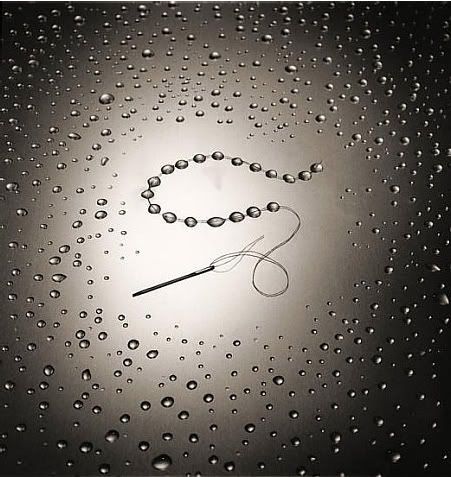Israel called off its three-week offensive in the Gaza Strip on Saturday, saying Hamas was “badly beaten,” but Hamas vowed to fight on.
According to Israeli Prime Minister Ehud Olmert’s statement, the unilateral ceasefire went into effect at 2 a.m Sunday local time (7 p.m. EST). The military warned in a statement early Sunday that further Hamas attacks “will be met with a harsh response.’ Within minutes of the ceasefire announcement, several missiles struck southern Israel.
If Hamas holds its fire, the military “will weigh pulling out of Gaza at a time that befits us,” Olmert said. If not, Israel “will continue to act to defend our residents.” Foreign Minister Tzipi Livni indicated that Israel would renew its offensive if Hamas militants continued to fire rockets at Israel.
Israel’s insistence on keeping troops in Gaza raises the specter of a stalemate with Hamas, which has insisted that it will not respect any ceasefire until Israel pulls out of the territory.
In Gaza, a Hamas spokesman in hiding, Fawzi Barhoum, said in a statement from Damascus that “we will not accept the presence of a single soldier in Gaza,” according to Agence-France Presse. “The Zionist enemy must stop all its aggression, completely withdraw from the Gaza Strip, lift the blockade and open the crossings.”
Beyond the potential for an effective end to heavy fighting on Sunday, the shape of any lasting peace was far from clear. The length of Israel’s occupation of Gaza has now been put in the hands of Hamas. The Israeli government says it will not sign any deal with Hamas, which is committed to Israel’s destruction and whose rule over Gaza the Israelis do not want to recognize. But Hamas is seen as likely to reassert political control over Gaza.
Olmert said the ceasefire plan responded to an appeal from Egyptian President Hosni Mubarak, who has been at the spearhead of international diplomatic efforts to end the conflict.
The summit set for Sunday in Egypt is meant to give international backing to the ceasefire. Leaders of Germany, France, Spain, Britain, Italy, Turkey and the Czech Republic – which holds the rotating EU presidency – are expected to attend along with Palestinian President Mahmoud Abbas, Egyptian President Hosni Mubarak and U.N. chief Ban.



